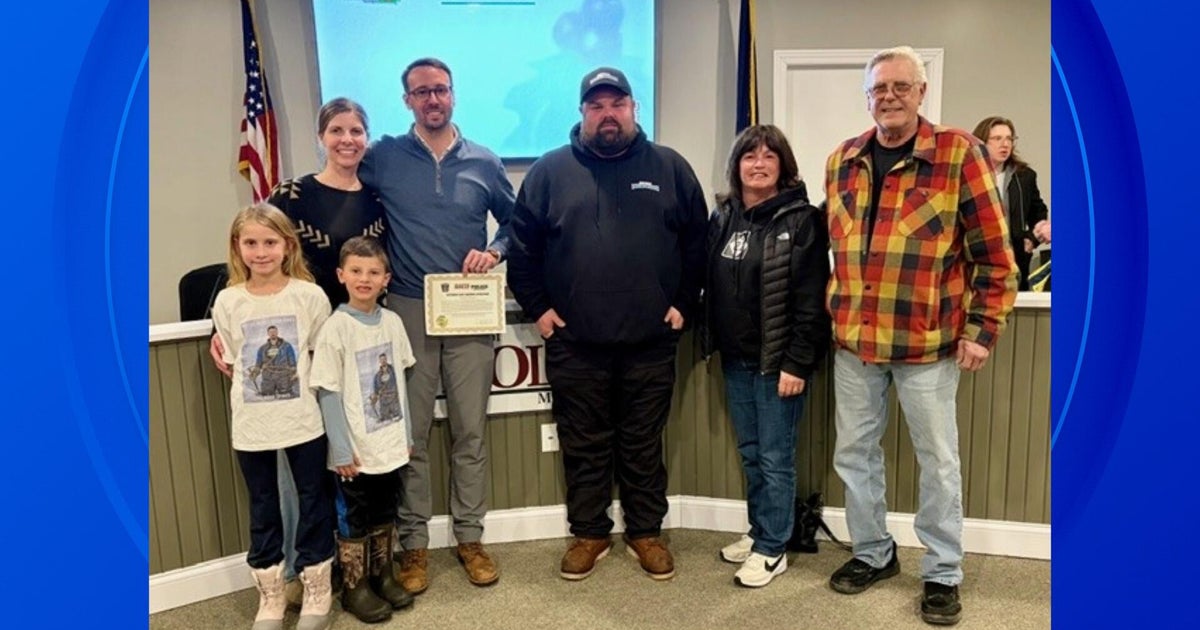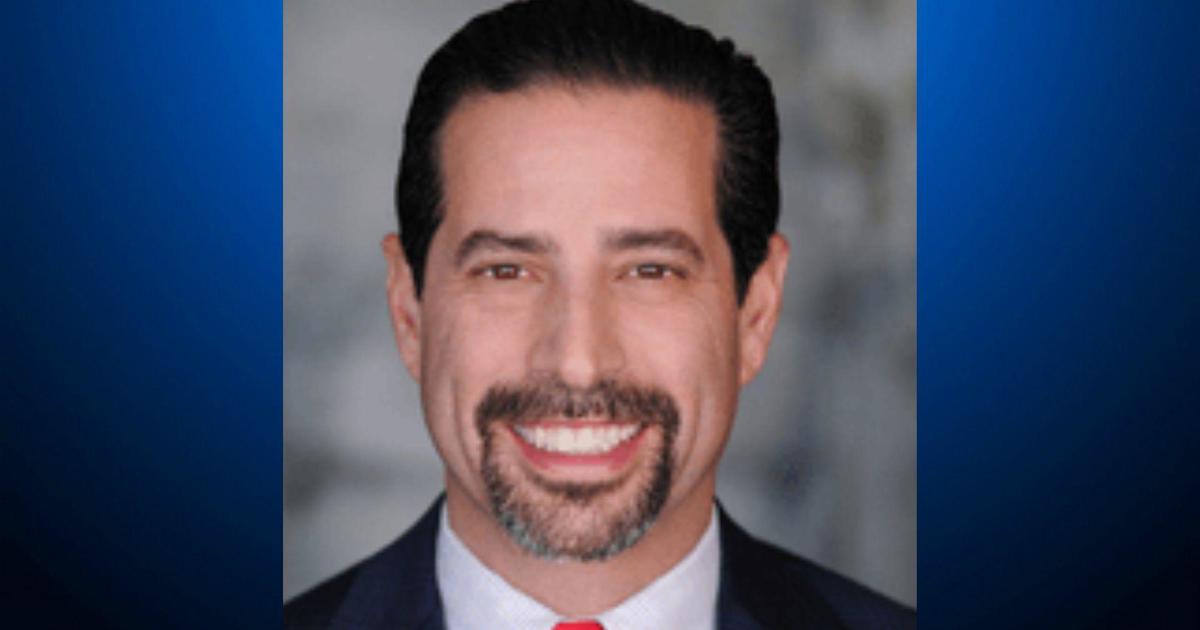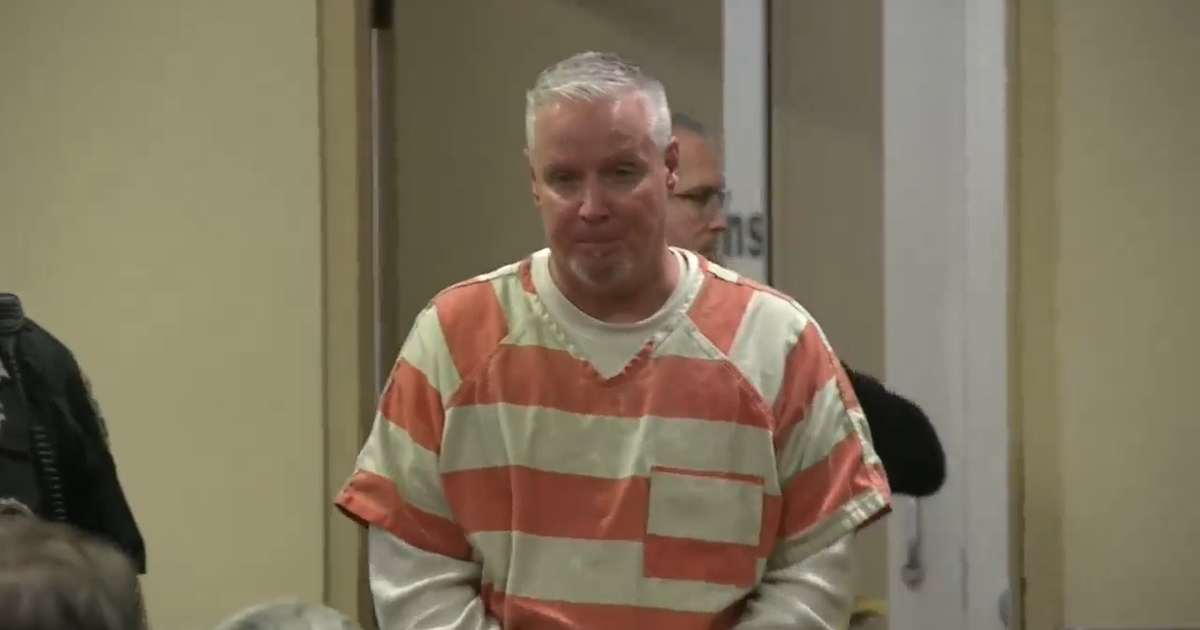Oakland Suspends Large-Scale Pot Cultivation Plans
OAKLAND (AP) -- The city of Oakland's plan to license large medical marijuana growing operations was put on hold following a warning from the district attorney that city officials could face prosecution.
The City Council voted 7-1 in closed session Tuesday night to suspend the application process for permits that would have let recipients set up four industrial-scale indoor pot farms. Applications were to have been due Wednesday.
The decision came after Alameda County District Attorney Nancy O'Malley previously warned the growing operations could be illegal, even under the state's liberal medical marijuana law.
People associated with such operations, including city officials who approved them, could face prosecution, she said.
"It remains an open question whether public officers or public employees who aid and abet or conspire to violate state or federal laws ... are exempt from criminal liability," O'Malley wrote in a letter to Oakland Mayor-elect Jean Quan.
The City Council said it would consider amendments to the city law at its Feb. 1 meeting that would address O'Malley concerns.
In the meantime, the city will stop taking applications for cultivation permits as well as new permits to run medical marijuana dispensaries. The council recently voted to double the number of dispensaries allowed in the city from four to eight.
In July, Oakland became the first city in the country to authorize the licensing of marijuana cultivation operations. Ever since, questions have swirled over whether law enforcement would step in if such operations ever actually began growing pot.
City officials have argued that bringing growing operations into the light would help curb the crime and environmental problems that afflict underground growing operations across the city.
Under the state's landmark ballot measure that legalized medical marijuana in 1996, patients and their primary caregivers can grow pot for medical use. O'Malley, in her letter, expressed doubt over whether the cultivation operations the city was proposing would qualify.
Federal law bans marijuana outright, but the Obama Administration has taken a hands-off approach to states that have legalized medical marijuana.
The U.S. Drug Enforcement Administration has publicly stayed quiet on how it might respond to the proposed Oakland marijuana farms.
But Oakland City Attorney John Russo acknowledged in a statement that he has heard from federal officials who have "expressed concerns that the path Oakland was taking was in violation of the law."
Russo typically signs off on city council legislation as a formality but has declined to grant his signature to the marijuana cultivation ordinance.
(© 2010 CBS Broadcasting Inc. All Rights Reserved. This material may not be published, broadcast, rewritten, or redistributed. Bay City News contributed to this report.)







